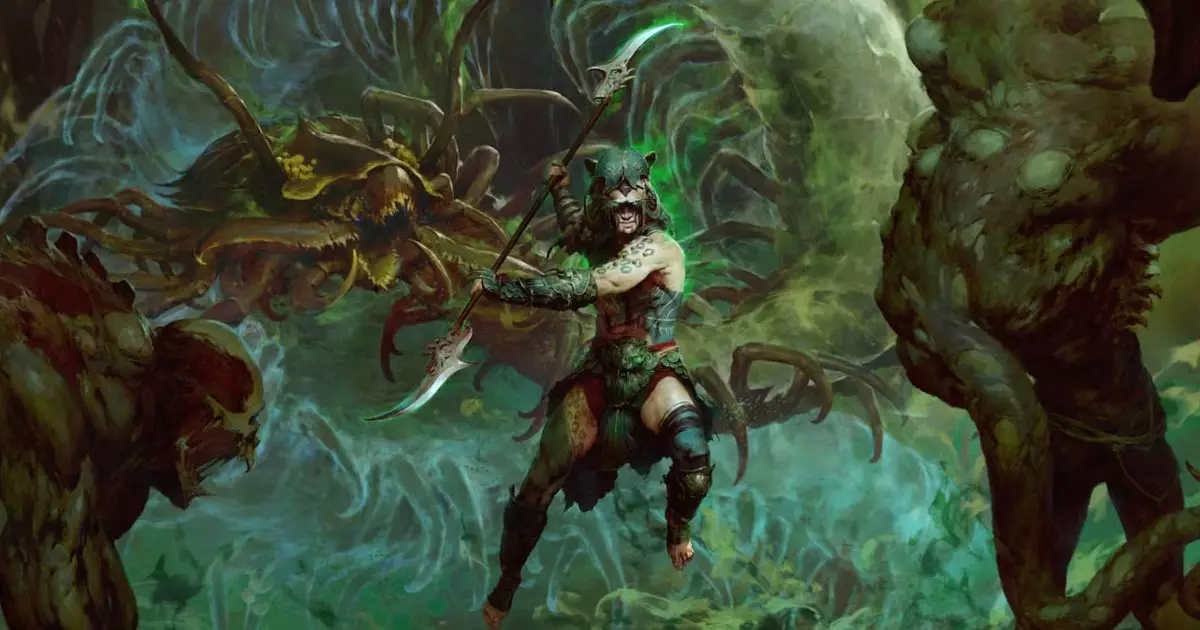When discussing the genre of Action RPGs (ARPGs), one is immediately faced with a complex web of definitions and interpretations that can vary widely among gamers and critics alike. This chaotic state of nomenclature often leads to misunderstandings and misclassifications, leaving both consumers and developers in a quagmire. The naming conventions and their implications can be quite perplexing, as what is considered an ARPG to one person might entirely differ in another’s perspective.
At the core of the dilemma is the coexistence of different game titles that share similar characteristics while embodying various gameplay mechanics and narratives. Take, for instance, franchises like Diablo and Path of Exile. These games are traditionally classified as ARPGs due to their focus on fast-paced combat and loot-driven progression. However, one could also categorize games such as The Legend of Zelda under the same umbrella, further complicating the definition. The term “Action RPG” thus becomes a double-edged sword, creating a division that can mislead rather than clarify.
Moreover, industry figures like Rod Fergusson, the head of the Diablo franchise, propose simplified labels to alleviate confusion, suggesting that games akin to Diablo should be labeled “Diablo-likes.” While this approach may seem practical, it implies a hierarchy that elevates Diablo as the archetype, casting a shadow over other titles that may not fit the mold or possess comparable quality. His comments highlight this contentious issue, sparking debates among fans about whether Diablo remains the gold standard or merely a relic of its pioneering era.
As genres continue to evolve, so too must our language surrounding them. The push for clearer terms, like “Souls-like” for games inspired by the Dark Souls series, is indicative of a cultural shift. Yet, labeling can also stifle creativity by constraining developers within the boundaries of established norms. The appeal to define ARPGs under the umbrella of Diablo-likes fails to recognize the innovations brought forth by newer titles that may diverge significantly from the Diablo formula.
Furthermore, the entire discourse raises a critical observation about genre classification: Are we talking about gameplay mechanics or thematic content? This distinction becomes essential as audiences navigate their preferences. If an RPG is fundamentally about character development and storytelling through combat, but presents itself with fast-paced action reminiscent of traditional action games, does it not warrant its classification as an ARPG? Such nuances should be celebrated, not marginalized.
Ultimately, we must embrace the inherent contradictions within ARPG definitions. The ecosystem of gaming thrives on diversity, and reducing genres to a mere comparison can inhibit creative expression. Each game contributes uniquely to the broader canvas of gaming culture, and dismissing them under a simplified label does a disservice to both creators and players.
The discussion surrounding Action RPGs reflects a larger trend in genre classification within the gaming industry. As players and developers alike grapple with these definitions, a collective effort to embrace this complexity can lead to a richer understanding of what truly defines our favorite games. As we move forward, let us strive for an open dialogue that appreciates the various shades of gaming instead of confining them to rigid categories based on outdated norms.


Leave a Reply